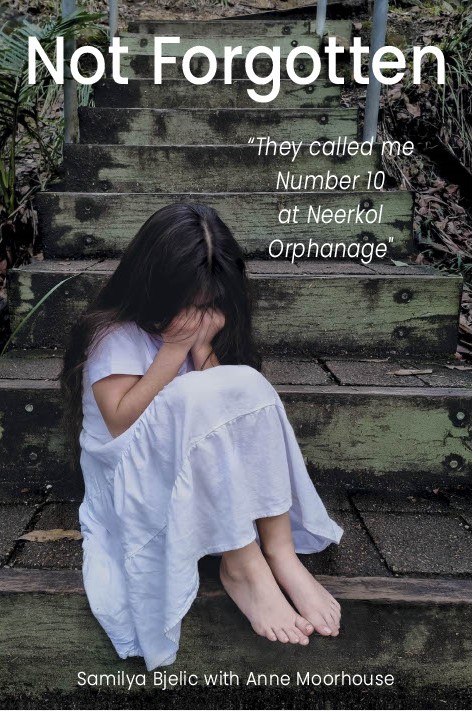Survivors of child sexual abuse, who courageously gave evidence to The Royal Commission into Institutional Responses to Child Sexual Abuse, are now torn between applying for compensation through the Redress Scheme and/or launching legal proceedings against the perpetrating organisations. Neither pathway is easy and neither has a guaranteed outcome. Historical child sexual abuse cases are notoriously difficult to win given the passage of time, lack of witnesses and the legal requirement for detailed information. Survivors and solicitors embarking on the marathon journey into the world of trauma and legal processes need to be well prepared.
Acknowledge the legal process will trigger trauma symptoms
Applying to the Redress Scheme or undertaking legal action is likely to be distressing. Revisiting the abuse, providing statements, and arguing your case may trigger flashbacks, nightmares and other trauma symptoms. During this time be proactive in care for yourself.
Gather a support team
- Invite someone, other than the solicitor, to join you on the journey and be your support person. Ask them to accompany you to appointments, read information, discuss the case with you and retain the focus in appointments when you are distressed. Give consideration to who you would ask. Another trauma survivor may also be triggered by the process. Perhaps there could be more than one person to assist you.
- Inform your family and friends that the legal process is likely to be stressful and lengthy. Try and be clear about what you need e.g. “After appointments, I may be distressed, can you spend some time with me?” “Can you come for a walk sometimes to help me manage the stress?” “I may just need a hug or my handheld, will you be able to do that for me?”
- Access support through a psychologist, counsellor, social worker, or caseworker and schedule regular appointments in advance.
Commit to a rigorous self-care plan
Legal cases may go on for years and are stressful. They are indeed a marathon and not a sprint. Continue reading



